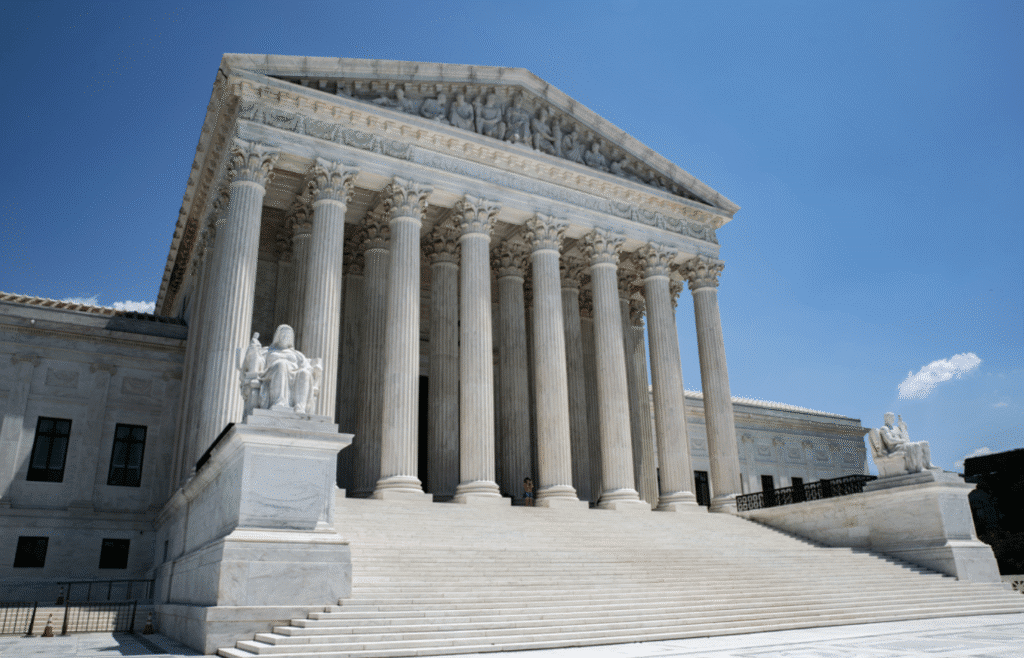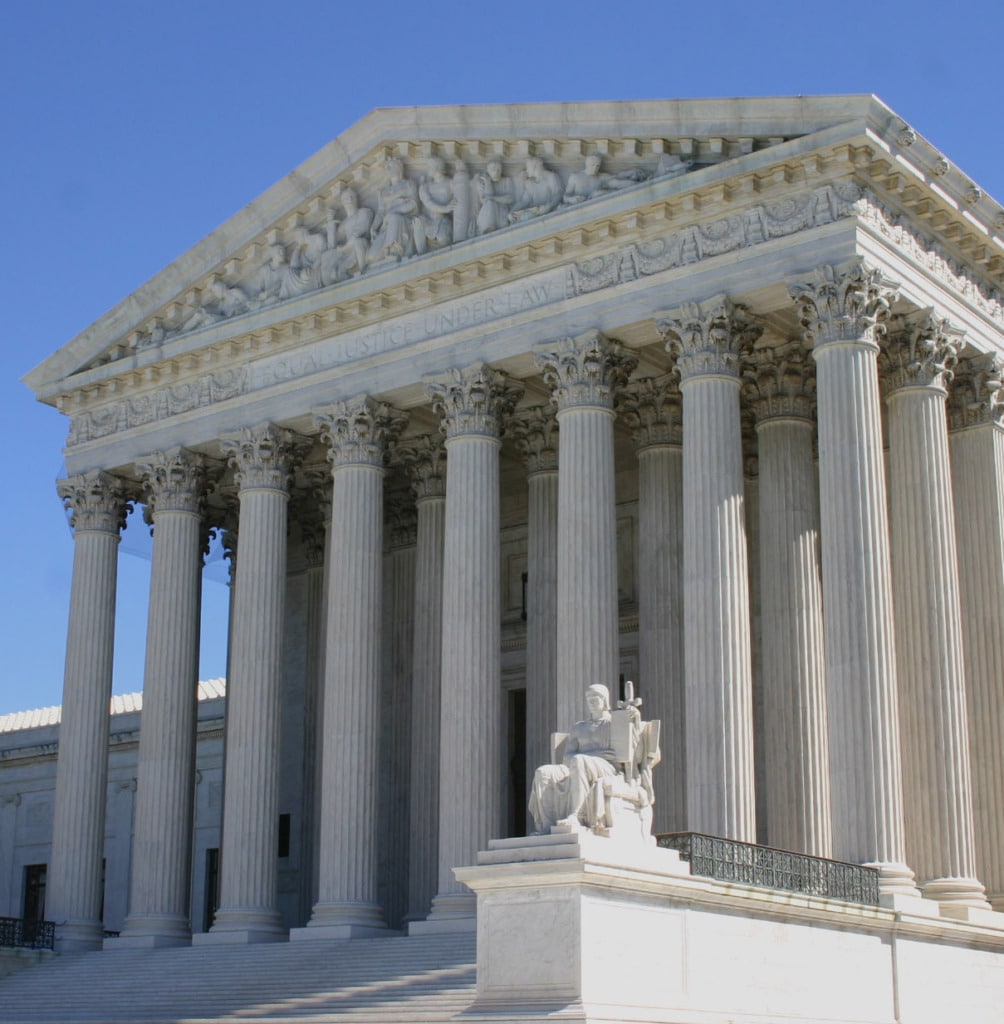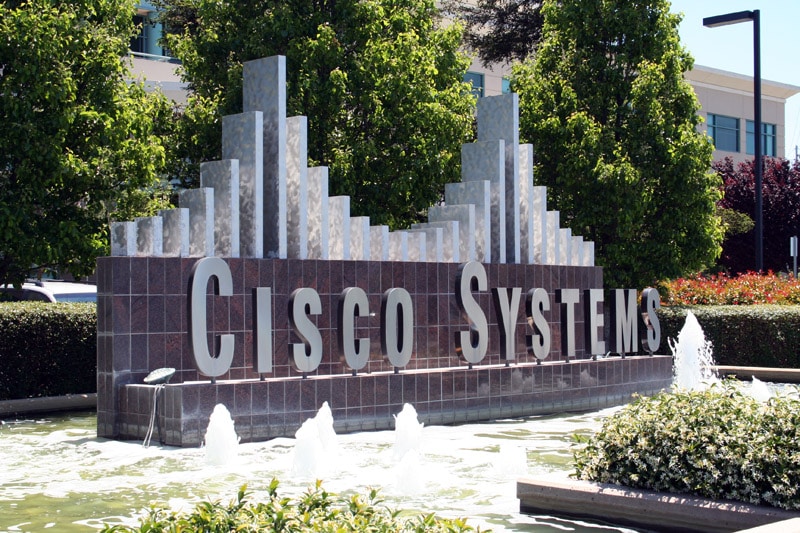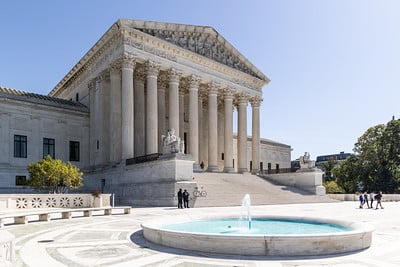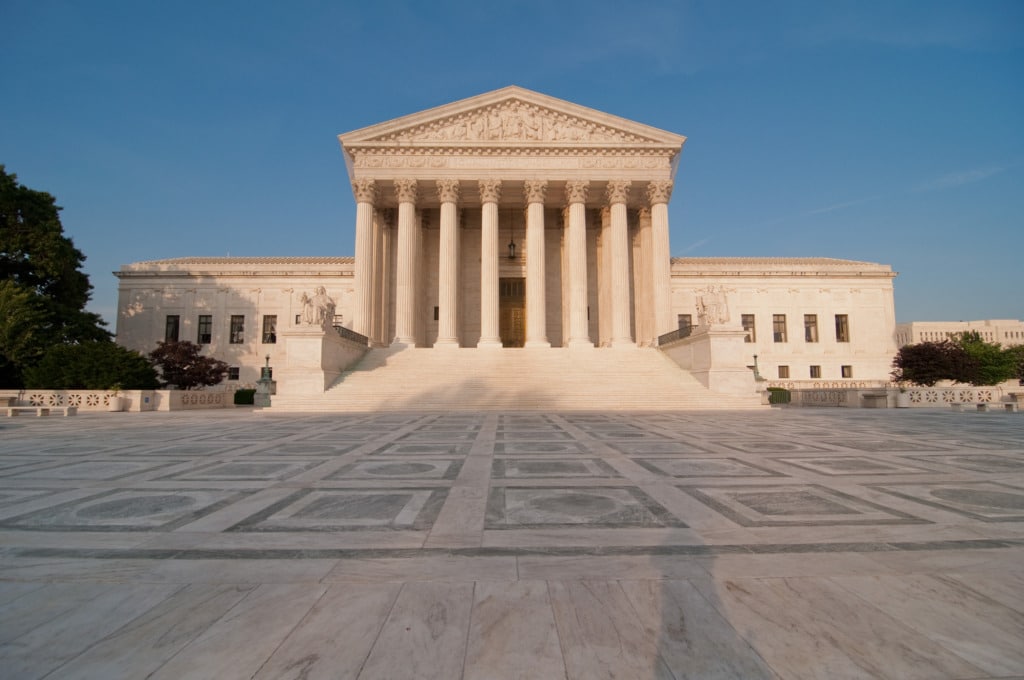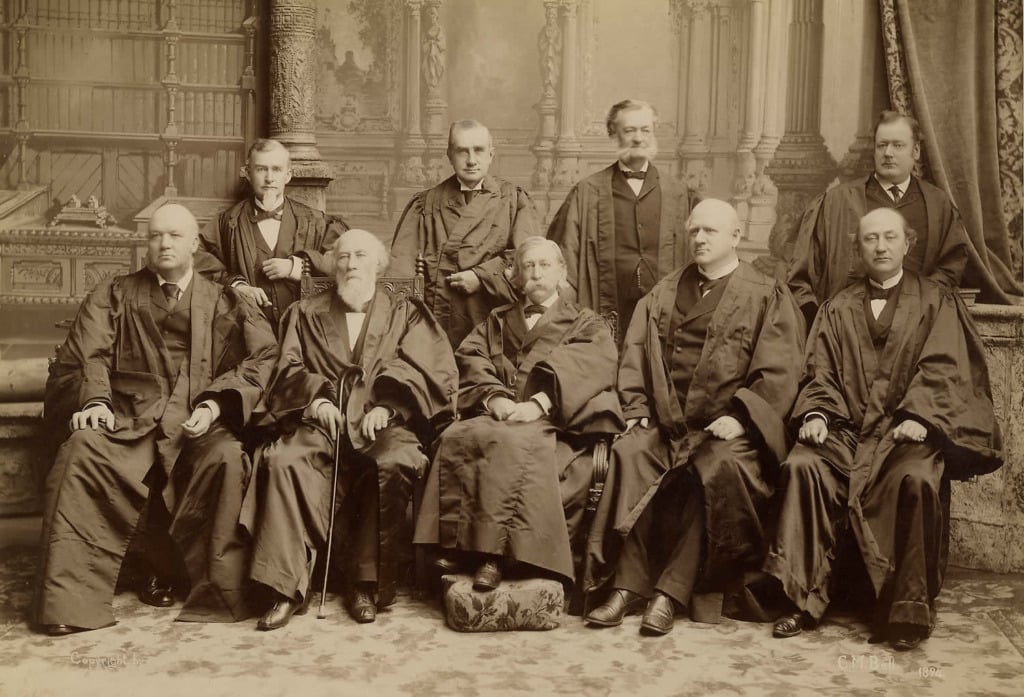Media Roundup: Learning Resources, Inc. v. Trump
On February 20, the Supreme Court decided Learning Resources, Inc. v. Trump, a case that questioned whether the International Emergency Economic Powers Act (IEEPA) permits President Trump to impose sweeping emergency tariffs. In a 6-3 vote, the justices ruled that the tariffs exceed the powers given to the president by Congress under the 1977 law….
Continue ReadingPreview of Supreme Court Arguments in Helms-Burton Act Cases: Havana Docks and Cimex
On February 23, 2026, the Supreme Court will hear oral arguments in Havana Docks Corp. v. Royal Caribbean Cruises and Exxon Mobil Corp v. Corporación Cimex. Prior coverage is here, here, and here. The Helms-Burton Act cases slated for argument on February 23 present the following two questions: Question 1: The issue before the Court…
Continue ReadingSupreme Court Grants Cert in Cisco
On Friday, the Supreme Court granted cert in Cisco Systems, Inc. v. Doe I to address two questions: (1) whether claims for aiding and abetting human rights violations can be brought under the Alien Tort Statute (ATS); and (2) whether such claims can be brought under the Torture Victim Protection Act (TVPA). I have discussed…
Continue ReadingSolicitor General Recommends Granting Cert in Cisco
In Doe v. Cisco Systems Inc. (2023), the Ninth Circuit held that claims for aiding and abetting human rights violations could be brought under the Alien Tort Statute (ATS) against Cisco Systems and under the Torture Victim Protection Act (TVPA) against Cisco’s former CEO. The plaintiffs allege that Cisco designed, built, and maintained a surveillance…
Continue ReadingOral Arguments Over Trump’s Tariffs
On November 5, 2025, the Supreme Court heard oral argument in Learning Resources, Inc. v. Trump to determine whether the International Emergency Economic Powers Act (IEEPA) permits President Trump to impose sweeping emergency tariffs. Although it is not clear when the Court will rule, there is pressure to reach a decision soon because the longer…
Continue ReadingTrump Administration Backs Helms-Burton Plaintiffs in Two CVSGs
Last week, the Solicitor General filed briefs recommending that the Supreme Court grant review in two cases under the Helms-Burton Act. Passed in 1996, Helms-Burton allows U.S. nationals who own claims to property expropriated by Cuba to sue any person who traffics in such property, potentially for three times the value of the claim. Under…
Continue ReadingFuld’s Implications for the FSIA (and Other Federal Statutes)
In Fuld v. PLO, the U.S. Supreme Court held that “the Fifth Amendment does not impose the same jurisdictional limitations as the Fourteenth.” This means that Congress may authorize federal courts to exercise personal jurisdiction over defendants that state courts may not constitutionally reach. In Fuld, the Court upheld the constitutionality of the Promoting Security…
Continue ReadingCVSG in Chabad v. Russian Federation: Another Question of Foreign State Immunity
On June 2, 2025, the Supreme Court called for the views of the Solicitor General (“CVSG”) in Chabad v. Russian Federation. In Chabad’s petition for certiorari, the question presented is whether the Foreign Sovereign Immunities Act (FSIA)’s expropriation exception applies to a foreign state if the expropriated property—or property exchanged for it— is located outside…
Continue ReadingSCOTUS Rules for Gun Manufacturers in Mexico Suit but Denies Blanket Immunity
This article was first published on Just Security. Prior TLB coverage of the case can be found here. On June 5, in Smith & Wesson Brands Inc., et al. v. Estados Unidos Mexicanos, the U.S. Supreme Court unanimously ruled that Mexico’s lawsuit against seven U.S. gun manufacturers and one distributor is barred by the immunity…
Continue ReadingThrowback Thursday: Hilton v. Guyot
One hundred and thirty years ago this week, on June 3, 1895, the Supreme Court decided Hilton v. Guyot. Hilton is the seminal decision on recognizing and enforcing foreign judgments in U.S. courts. Although the federal common law rule that Hilton announced has been superseded by state law, Hilton continues to influence state rules in…
Continue Reading